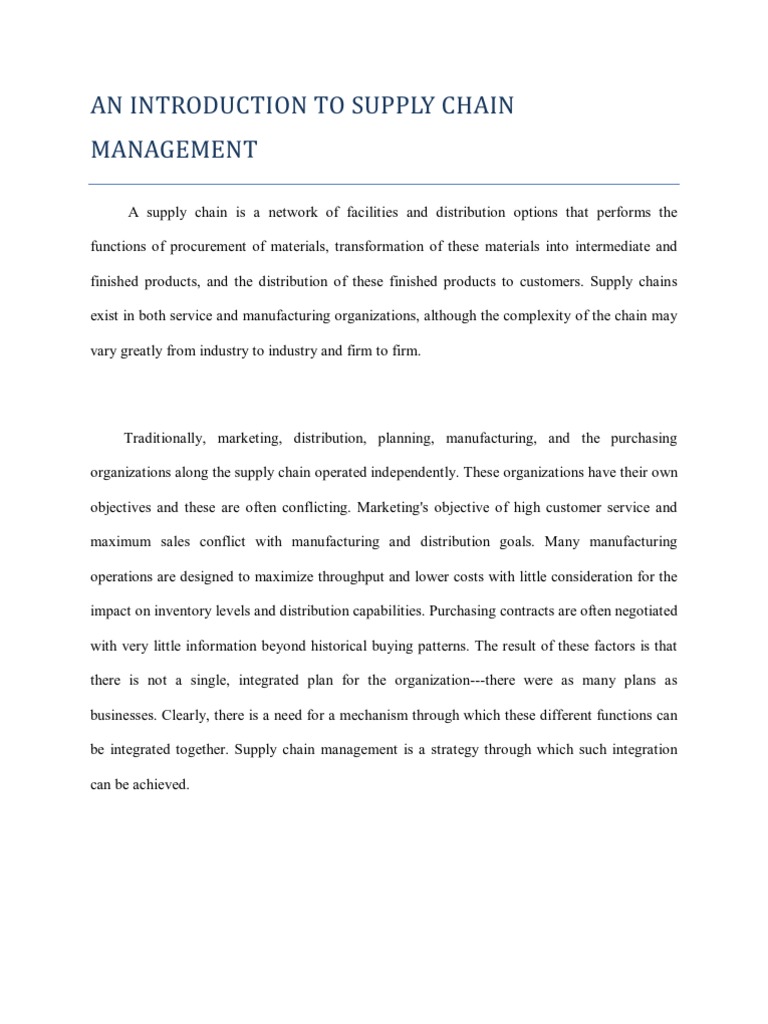
We'll be discussing the job description, education and salary of a project manager career. Aside from the salary, there are some other important details. If you are interested in Project Management, it is a good choice. You will reap many benefits from this career path, which is also one of the most popular and fastest-growing. Read on for more information!... Happy Career Hunting!
Job description
Project management requires strategic awareness, ability to connect customers' needs to company's future vision and ability to manage cross-functional teams as well as external vendors. You'll need to have your own business goals and be able influence company strategy and get buy in from stakeholders. In addition to delivering tangible results, you will also be expected as a project manager. Project managers are product visionaries and must ensure that resources and time are aligned with company goals and KPIs.

You may find work as a project manager in the healthcare, insurance, marketing and IT industries. Managers of project teams can work in small and large organizations. A project manager must know the best methods of project management and be able work well under pressure.
Salary
As a project manger, there are many benefits to your career. Project managers oversee the completion of a range projects. They ensure that projects get completed on time and within budget. The salary of a manager of projects can vary depending on where they work, but the job description in most cases is similar. A project manager might also be interested in an executive role or start their own business.
Project managers can rise to the top depending on their industry. Many high-level positions require project management experience. Business acumen is essential for executives. They also need experience leading teams. An MBA in this field can help you develop these skills and increase your income. A career as a project manager is not for everyone. But, depending on your experience and the field, project managers may earn a different salary.
Education necessary
You will manage the entire project as a manager. While a project manager doesn't necessarily need to be an expert in every field, he or she should be proficient in managing all aspects of a project. These people may be recent graduates or professionals with extensive experience in their field. This career path requires a bachelor's level of education, regardless of your experience.

A bachelor's degree in business, or a closely related subject, is a good option if you are looking to begin your career as a manager. This will give your the skills and experience you need to run a successful business project. However, if you're interested in bigger-scale project management roles, a graduate degree may be in order. You'll be able to take on leadership roles at the highest levels and manage large projects.
FAQ
What can a manager do to improve his/her management skillset?
By practicing good management skills at all times.
Managers should monitor the performance and progress of their subordinates.
You should immediately take action if you see that your subordinate is not performing as well as you would like.
You must be able to spot what is lacking and how you can improve it.
It can sometimes seem difficult to make business decisions.
Complex systems are often complex and have many moving parts. The people who run them must juggle multiple priorities at once while also dealing with uncertainty and complexity.
The key to making good decisions is to understand how these factors affect the system as a whole.
You must first consider what each piece of the system does and why. You then need to consider how those individual pieces interact with each other.
You need to ask yourself if your previous actions have led you to make unfounded assumptions. If so, it might be worth reexamining them.
You can always ask someone for help if you still have questions after all of this. They might have different perspectives than you, and could offer insight that could help you solve your problem.
What are some common mistakes managers make when managing people?
Sometimes, managers make their job more difficult than it is.
They may not delegate enough responsibilities to staff and fail to give them adequate support.
Additionally, many managers lack communication skills that are necessary to motivate and direct their teams.
Managers sometimes set unrealistic expectations of their teams.
Some managers may try to solve every problem themselves instead of delegating responsibility to others.
What are your main management skills
Business owners need to have management skills, no matter how small or large they may be. These skills include the ability manage people, finances and resources as well as other factors.
Management Skills are also needed when you're setting goals and objectives, planning strategies, leading teams, motivating employees, resolving problems, creating policies and procedures, and managing change.
As you can see, there are many managerial responsibilities!
What is Six Sigma?
It is a way to improve quality that places emphasis on customer service and continuous learning. The objective is to eliminate all defects through statistical methods.
Motorola created Six Sigma as part of their efforts to improve manufacturing processes in 1986.
This idea quickly spread throughout the industry. Today, many organizations use six sigma methods for product design, production and delivery.
What does the term "project management” mean?
This refers to managing all activities that are involved in a project's execution.
Our services include the definition of the scope, identifying requirements, preparing a budget, organizing project teams, scheduling work, monitoring progress and evaluating the results before closing the project.
What are the steps involved in making a decision in management?
Managers are faced with complex and multifaceted decisions. It involves many elements, including analysis, strategy. planning. implementation. measurement. evaluation. feedback.
It is important to remember that people are human beings, just like you. They make mistakes. There is always room to improve, especially if your first priority is to yourself.
This video explains the process of decision-making in Management. We'll discuss the different types and reasons they are important. Managers should also know how to navigate them. You'll learn about the following topics:
Statistics
- Hire the top business lawyers and save up to 60% on legal fees (upcounsel.com)
- This field is expected to grow about 7% by 2028, a bit faster than the national average for job growth. (wgu.edu)
- Our program is 100% engineered for your success. (online.uc.edu)
- Your choice in Step 5 may very likely be the same or similar to the alternative you placed at the top of your list at the end of Step 4. (umassd.edu)
- 100% of the courses are offered online, and no campus visits are required — a big time-saver for you. (online.uc.edu)
External Links
How To
How do you do the Kaizen method?
Kaizen means continuous improvement. The term was coined in the 1950s at Toyota Motor Corporation and refers to the Japanese philosophy emphasizing constant improvement through small incremental changes. This is a collaborative process in which people work together to improve their processes continually.
Kaizen is one the most important methods of Lean Manufacturing. This concept requires employees to identify and solve problems during manufacturing before they become major issues. This is how you can improve the quality and lower the cost.
Kaizen is the idea that every worker should be aware of what is going on around them. It is important to correct any problems immediately if they are discovered. If someone spots a problem while at work, they should immediately report it to their manager.
Kaizen is based on a few principles. The end product is always our starting point and we work toward the beginning. For example, if we want to improve our factory, we first fix the machines that produce the final product. Next, we fix the machines which produce components. Finally, we repair the workers who are directly involved with these machines.
This is known as "kaizen", because it emphasizes improving each step. Once the factory is fixed, we return to the original site and work our way back until we get there.
You need to know how to measure the effectiveness of kaizen within your business. There are many ways you can determine if kaizen has been implemented well. Another method is to see how many defects are found on the products. Another way to find out how productive your company has been since you implemented kaizen is to measure the increase in productivity.
You can also find out if kaizen works by asking yourself why you decided to implement it. You were trying to save money or obey the law? Did you really believe it would lead to success?
Congratulations if you answered "yes" to any of the questions. You are now ready to begin kaizen.